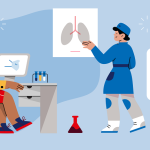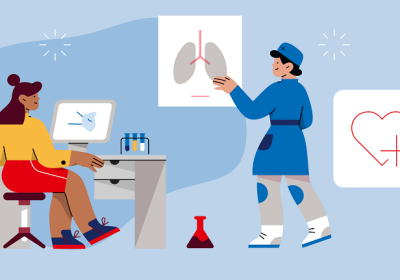
CAUSES OF CALCIUM DEPOSIT IN ARTERIES
Calcium heart score is a good way of getting to know the level of calcium that is present in one’s bloodstream, as the major calcium that is present in the body is known to be mainly in the bone, the total amount of calcium that adds up in the bone is about 99% of the total calcium in the body, even at that there can still be a high level of calcium deposit in the bloodstream that can be very detrimental to the body system and can as well expose the heart to all kind of attacks such as shocks, palpitation, and other things. However, researchers are still unable to trace exactly what causes calcium deposits in arteries, but the line has been drawn on certain things as factors that cause the increase in the calcium deposits in the arteries in the bloodstream. The build-up of calcium, fats, cholesterol and other substances in and on the artery walls in the bloodstream is referred to as atherosclerosis, and the build-up is called plaque. And this plaque can cause blood arteries to become narrow, hence restricting the flow of blood. The plaque can also burst which leads to clotting of the blood.
These damages can be the product of many factors which line has been drawn to most likely be the cause of this calcium buildup in the bloodstream, which can be examined using a calcium heart score test to verify the level of calcium in the bloodstream. Smoking is one of the major causes of this buildup. Excessive body fat and high cholesterol also contribute to the high residue of calcium in the body, High glucose levels in the blood, and finally, a chronic and high level of drinking can as well contribute to this effect. And the symptoms that come with this effect range from pain in the chest, shortness of breath, heaviness in the chest, and rapid or slow heartbeat. Also, dizziness, slurred speech, memory loss, weakness in hands and legs, sudden headache, and many other things that this effect can lead to.
The way to reduce the chances of having too much of calcium deposits in arteries is most of the time by adjusting some lifestyles such as smoking, reducing or stopping the amount of alcohol intake, having a steady life of exercise, reduction of sodium intake, taking more of fresh and green vegetables, and ensure eating a balanced diet. And having a calcium heart score test can help keep in check the state of the calcium in the bloodstream.


















